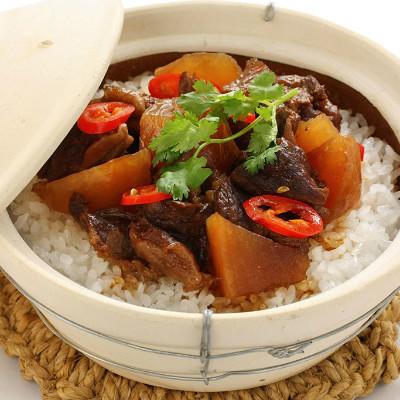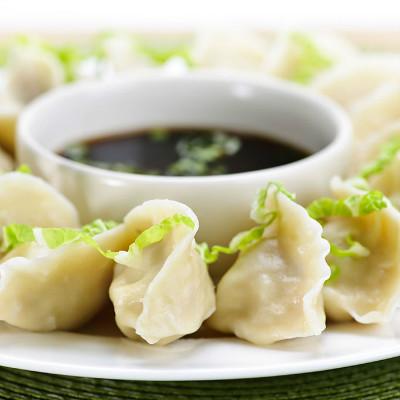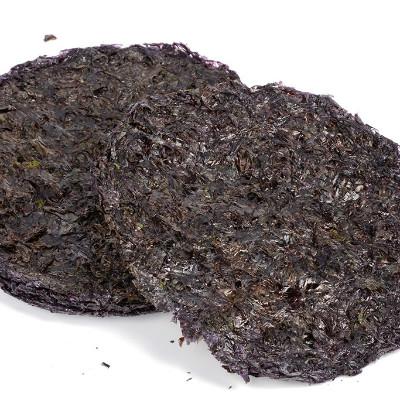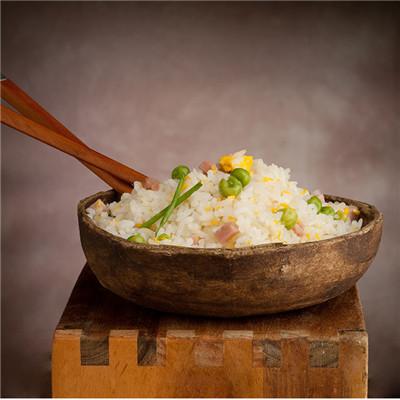Why do Chinese people eat Laba porridge
summary
In China, there is the custom of drinking Laba porridge and soaking Laba garlic on Laba Festival. In Henan and other places, Laba porridge is also called "everyone's meal", which is a festival food custom in memory of Yue Fei, the national hero. Why eat Laba porridge? Let's have a look.
Why do Chinese people eat Laba porridge
First, Laba is a sacrificial ceremony in ancient times to celebrate the harvest and thank ancestors and gods (including door god, household god, house God, Kitchen God and well God). In Xia Dynasty, it was called "Jiaping", in Shang Dynasty, it was called "Qingsi", and in Zhou Dynasty, it was called "Da La". Because it was held in December, it was called "La Yue", and the day of La sacrifice was called "La Ri". The last day of the pre Qin period is the third Xu day after the winter solstice.
Second: Laba Festival is used to sacrifice ancestors and gods, pray for harvest and auspiciousness. Later, Buddhism was introduced into the Eastern Han Dynasty. In order to expand its influence in the local area, Laba Festival was designated as the day of Buddha's becoming a Tao.
Third: Laba Festival, the eighth day of the twelfth month of the lunar calendar every year, on that day, people will eat Laba porridge and other traditional food to celebrate. Laba porridge is a kind of porridge made from various ingredients during Laba Festival, also known as Qibao Wuwei porridge. The earliest Laba porridge was cooked with red beans. Later, it became rich and colorful with local characteristics.
matters needing attention
The custom of drinking Laba porridge on Laba Festival has been a thousand years in China. At the latest, it began in the Song Dynasty. Every Laba day, whether it was the court, government, temple or people's home, Laba porridge was made. In Ming Dynasty, rice, ginkgo, walnut kernel, chestnut and other ingredients were added to make porridge. In the Qing Dynasty, the custom of drinking Laba porridge was even more popular.













